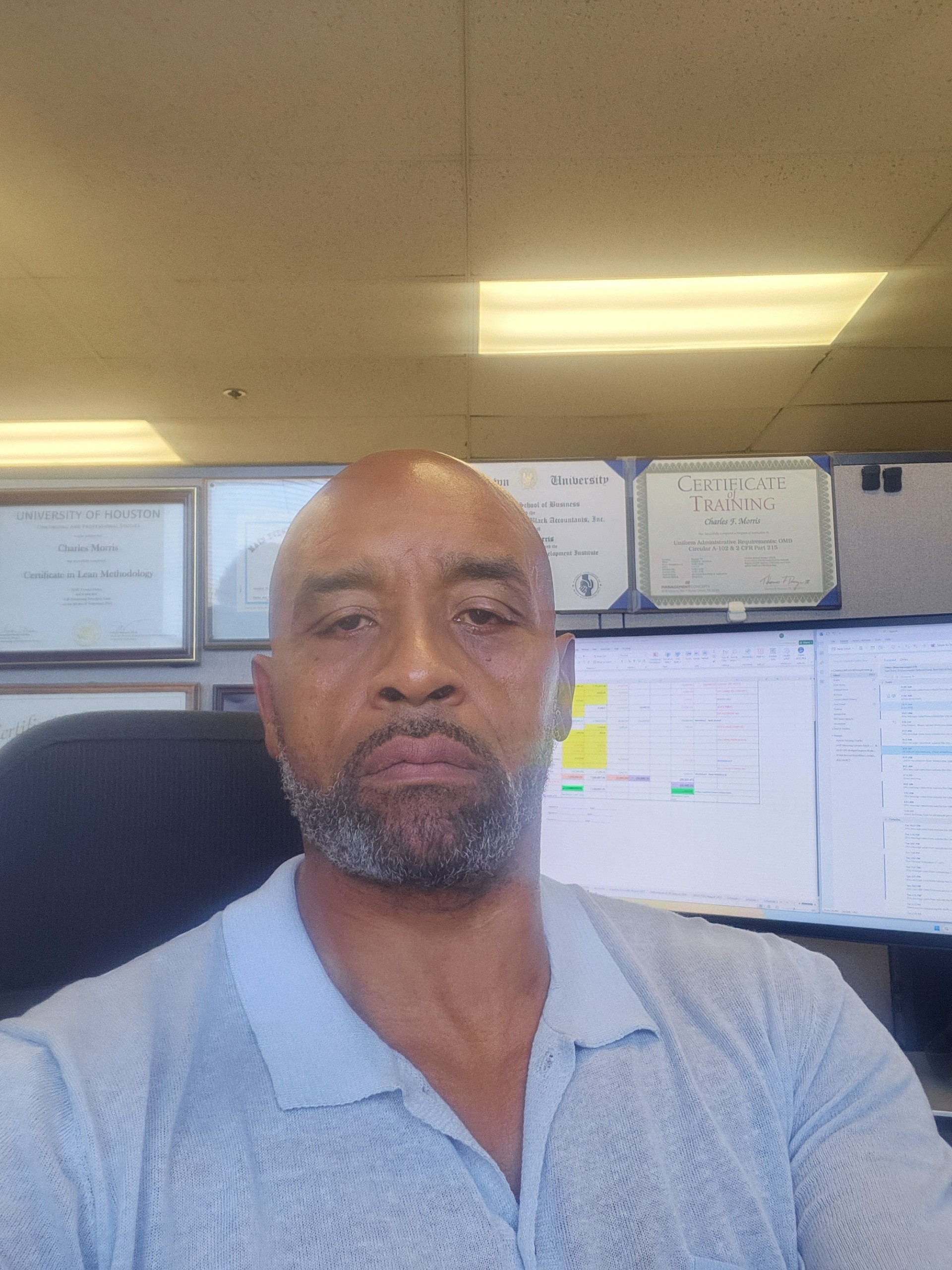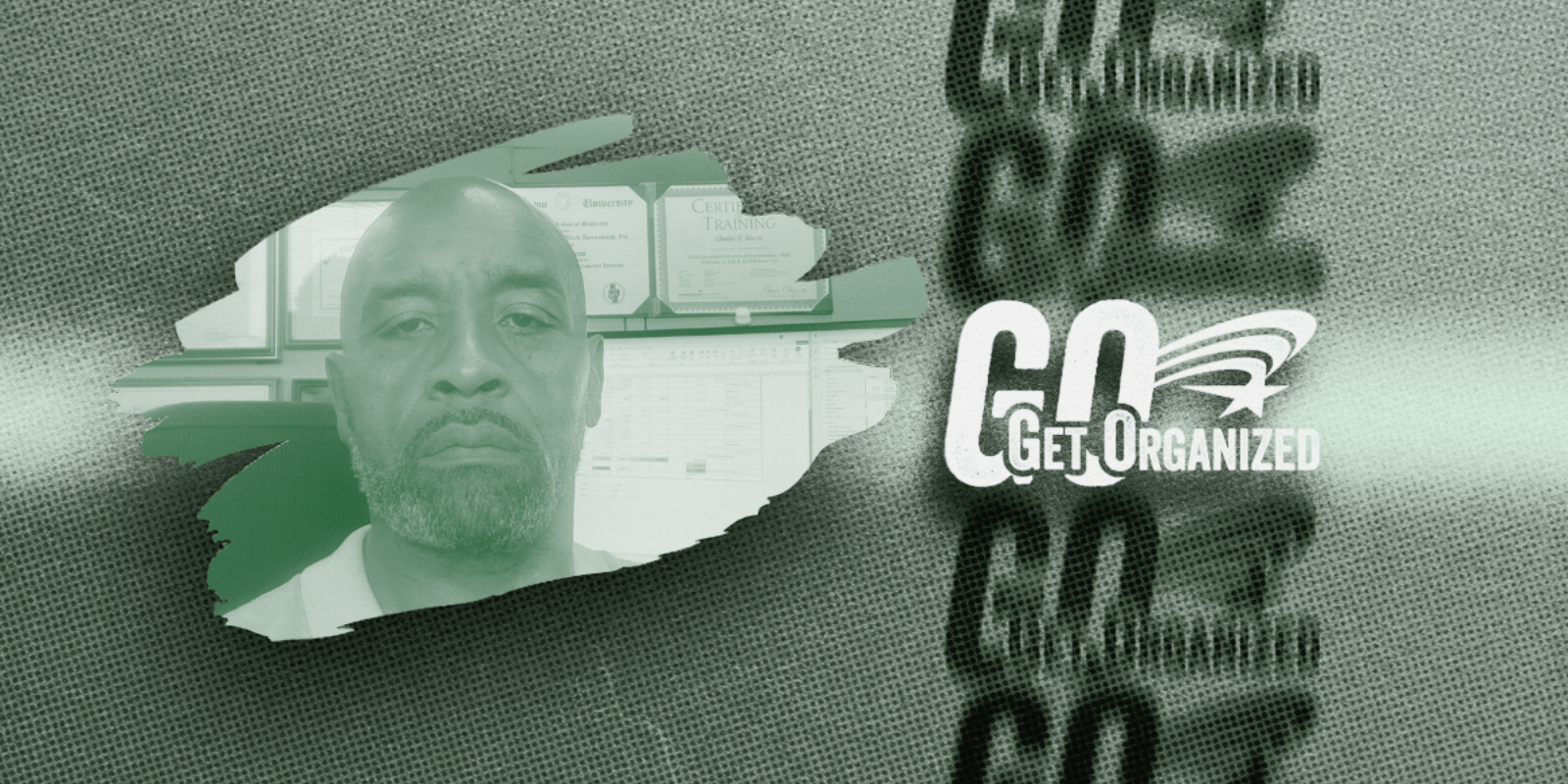
For Charles Morris, an accountant manager at the Houston Public Health Department and member of AFSCME Local HOPE 123, public service isn’t just a job, it’s a commitment to keep his city safe, healthy and ready for the unexpected.
“We don’t just balance budgets and research,” Morris says. “We balance lives.”
But the government shutdown, which was caused by the president and his yes-men and women in Congress to protect massive tax breaks for billionaires and greedy corporations, is robbing Morris’ community of critical public health funds.
Morris is sounding the alarm: the cost of these cuts will be felt at each public health emergency, and especially by those who are most vulnerable.
“Half of our budget comes from federal grants. Half of our income is getting slashed,” Morris says. “Fewer grants mean fewer services to the public. This means a drop in disaster preparedness, emergency response, disease monitoring — even basic things like opening cooling or warming centers when the temperatures spike.”
During the height of the COVID-19 pandemic, Morris was assigned to hands-on crisis work, helping set up testing tents, vaccinations and distributing supplies. He knows from firsthand experience how essential every staff member becomes in a public health emergency.
“Sadly, cuts won’t just slash services; jobs are on the line too,” he says. “The first thing to go is often administrative staff — people like me — and that has ripple effects across everything this department does.”
His state is no stranger to natural disaster. Spending limitations delayed emergency response a few months ago, when catastrophic flooding brought four months’ worth of rain in the span of a few hours to Central Texas. More than 130 lives were lost.
“We already didn’t have the infrastructure needed to prepare for this disaster,” Morris says. “We cannot afford to take more away — not in dollars, and not with lives.”
Morris worries about a workforce pushed to the brink, without the resources it needs to respond to the next disaster.
“We have a city to run,” he says. “Right now, we have to protect our public workers and the community members that are the most vulnerable.”
Morris and AFSCME members across the country are calling Congress and demanding that lawmakers lower health care costs, fund public services and keep our communities running.
